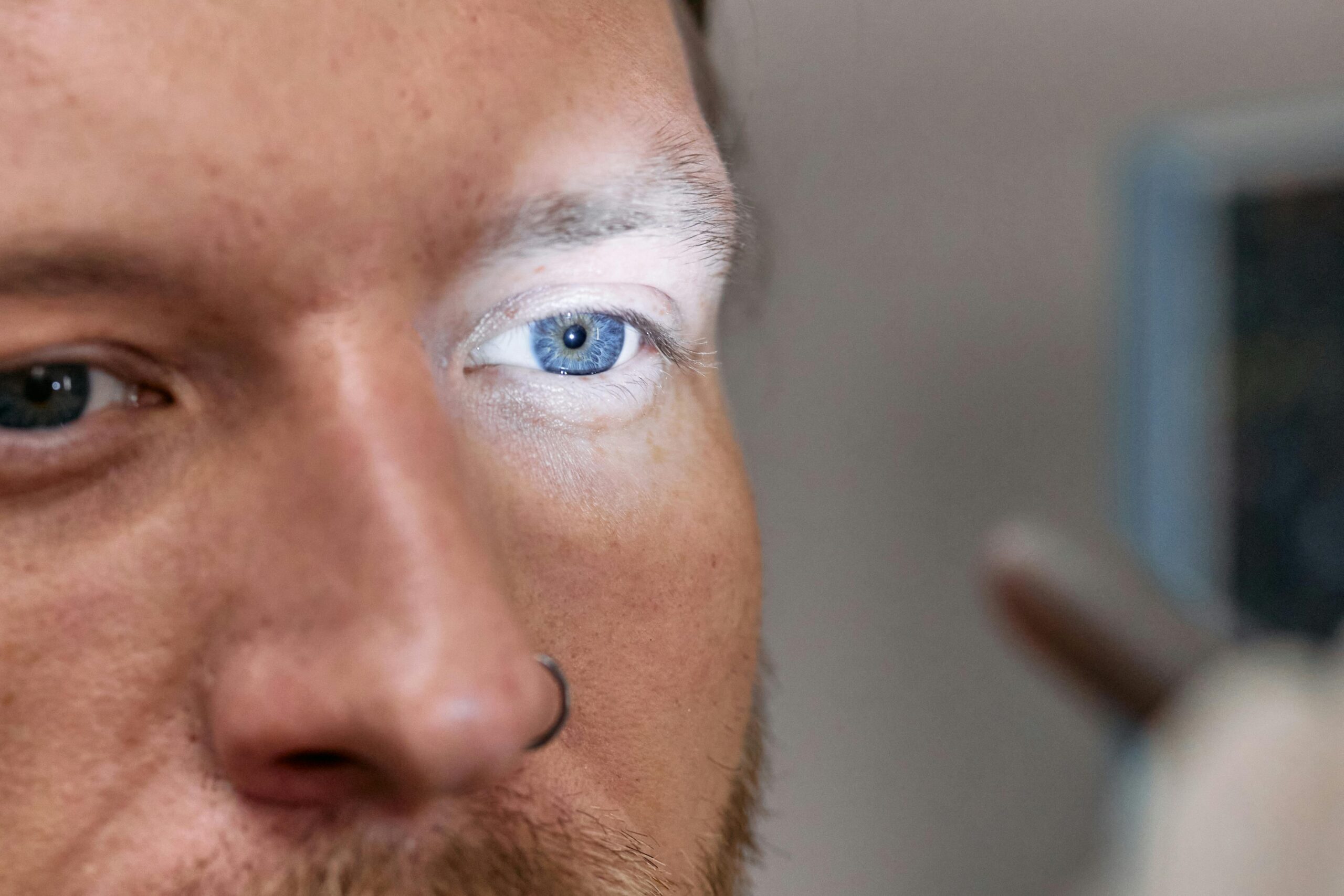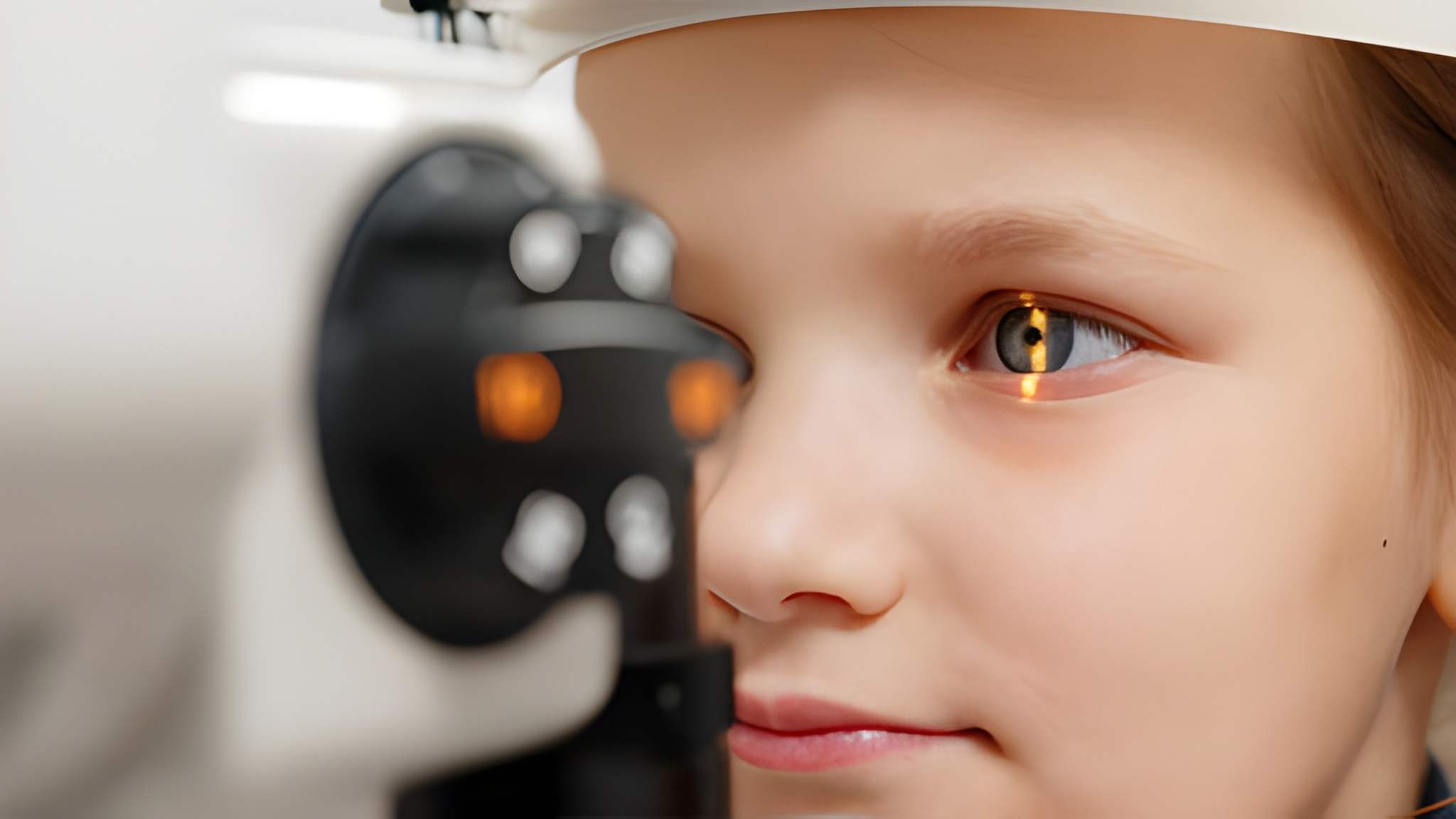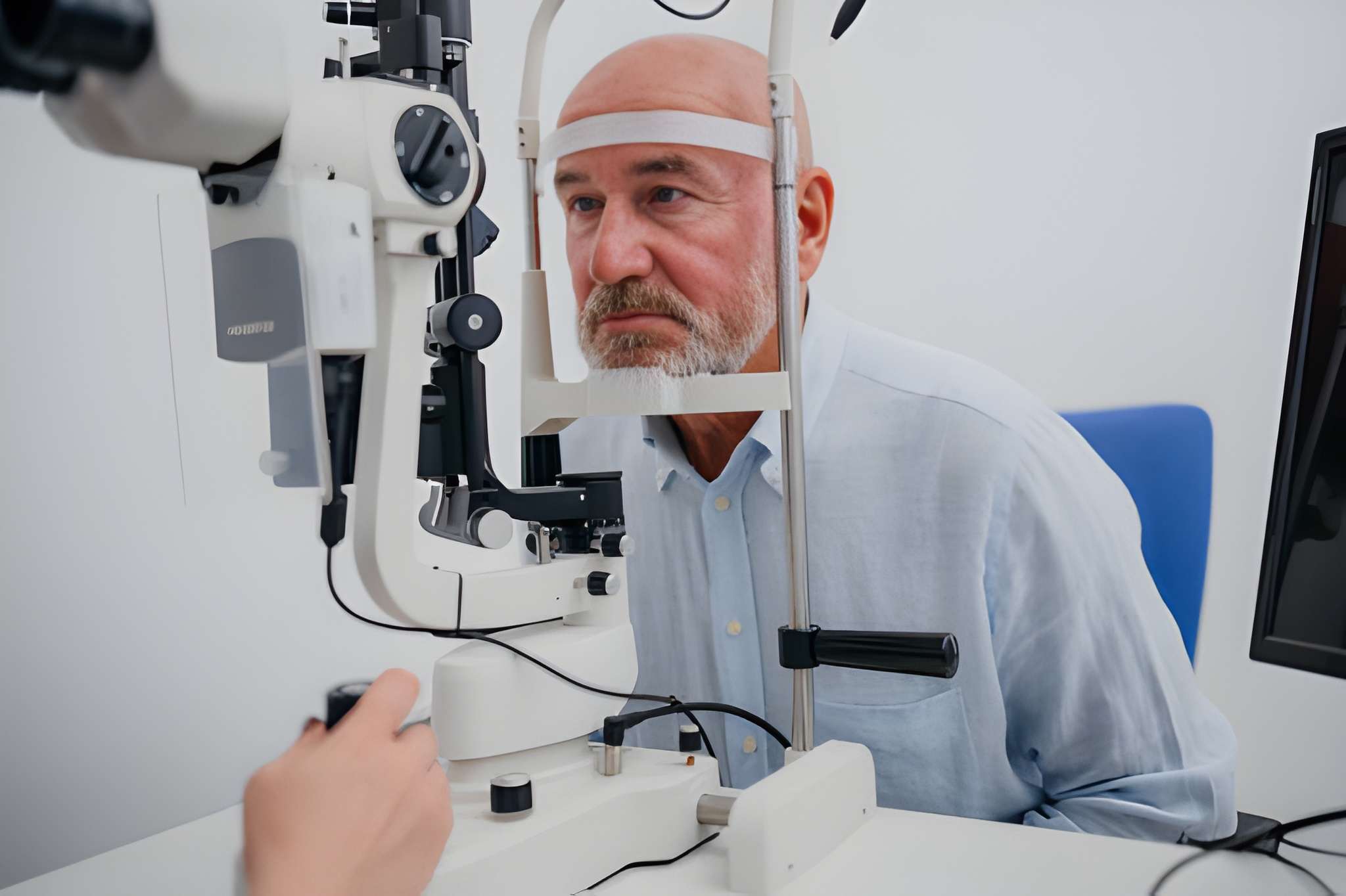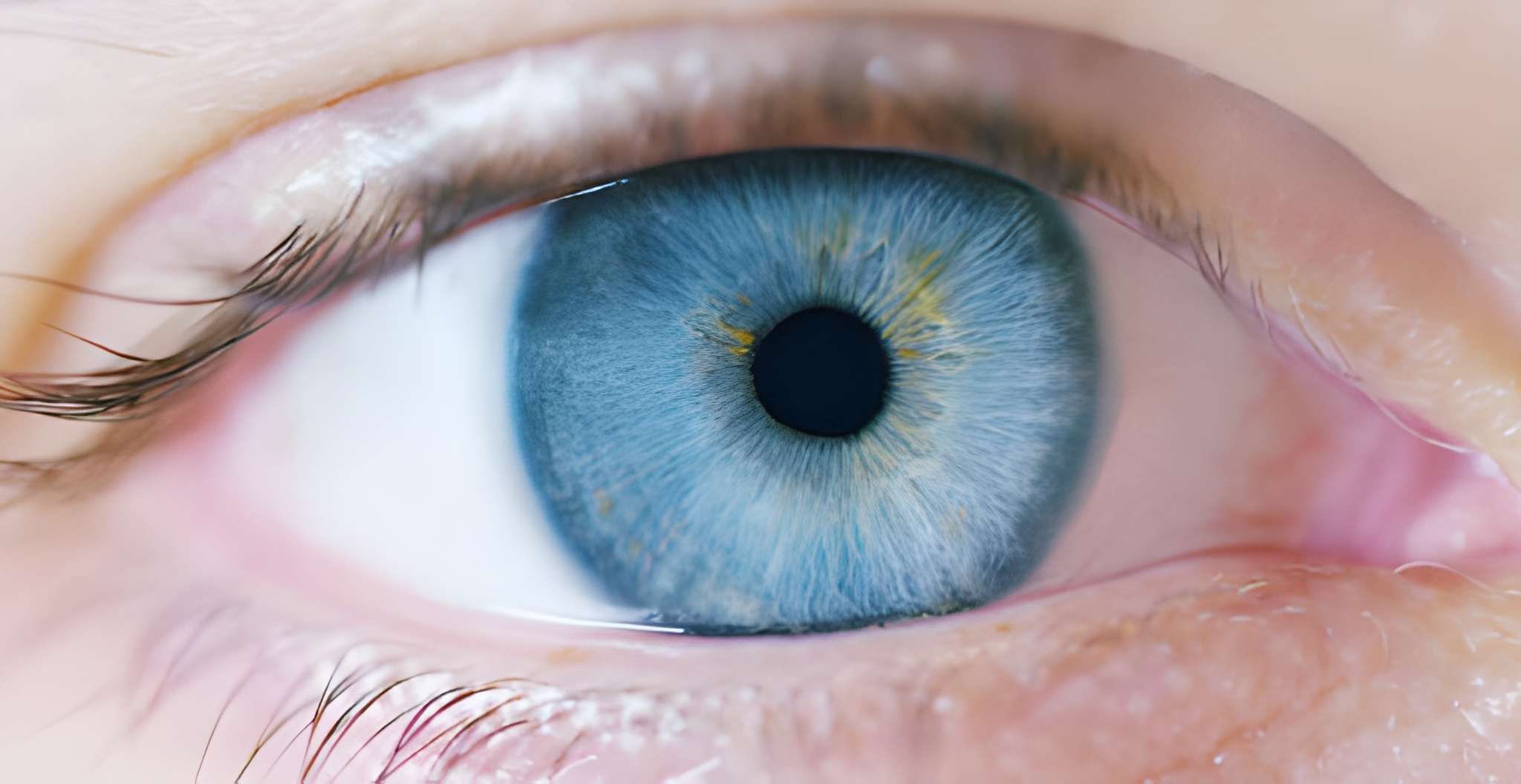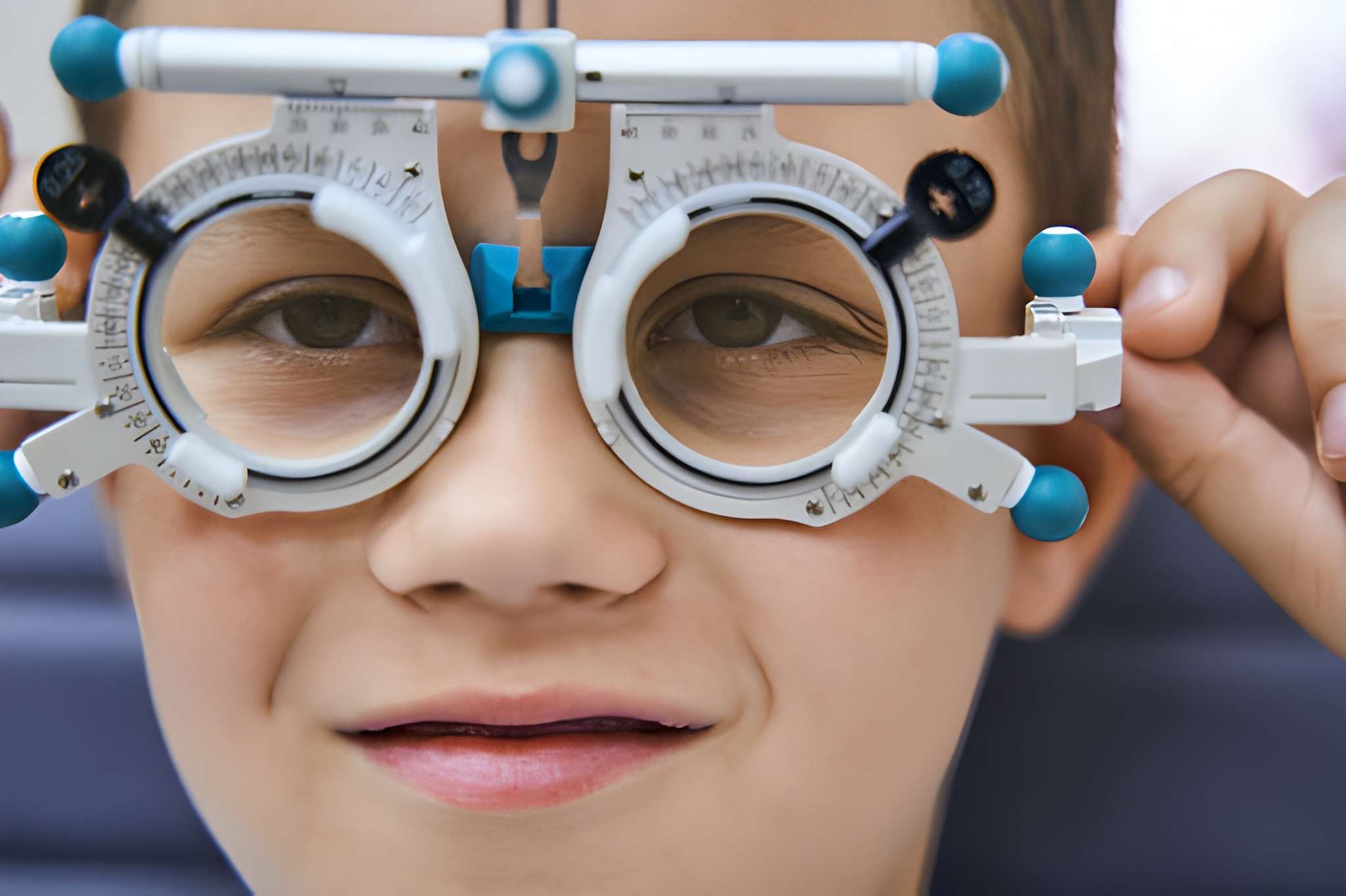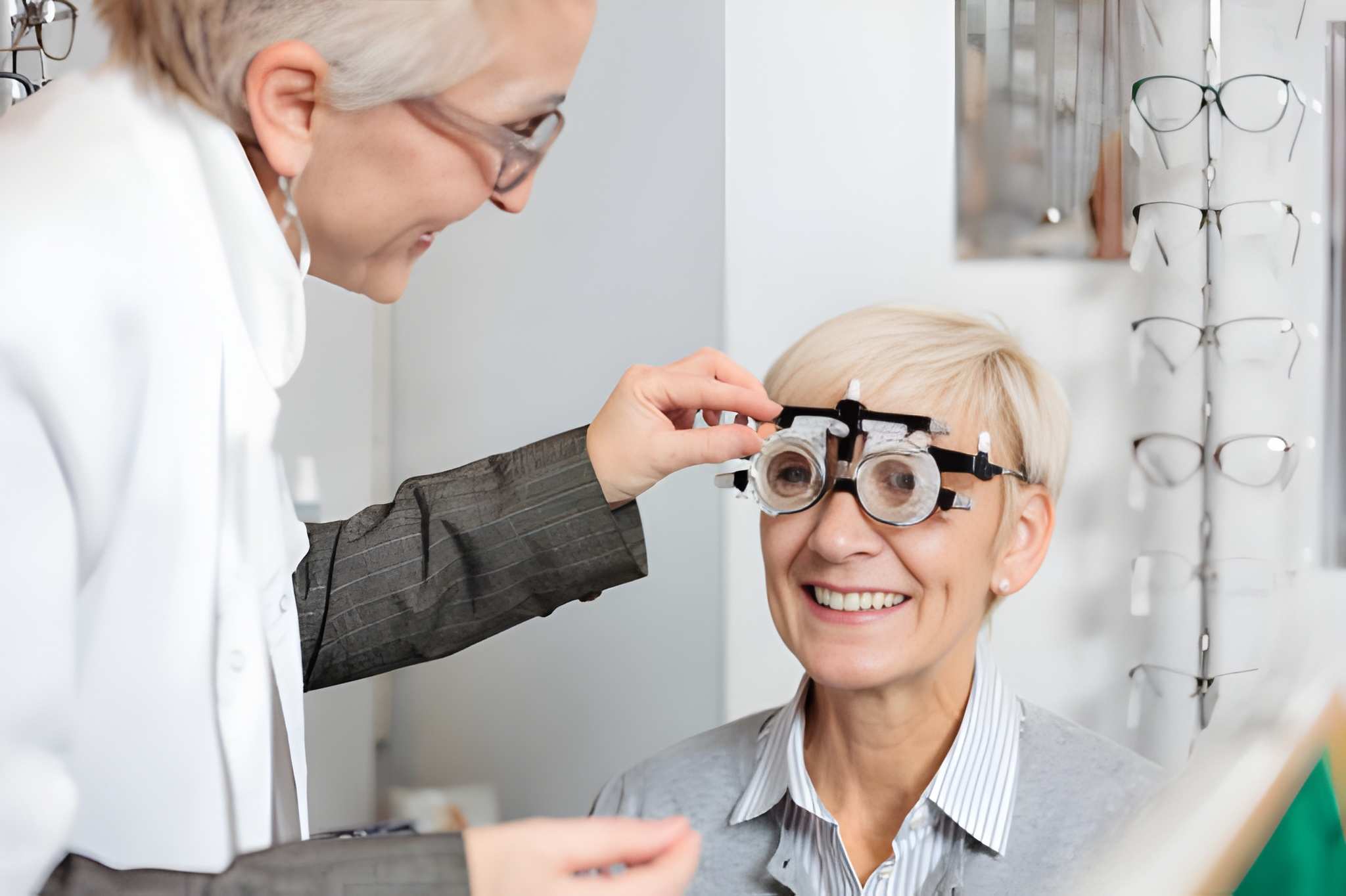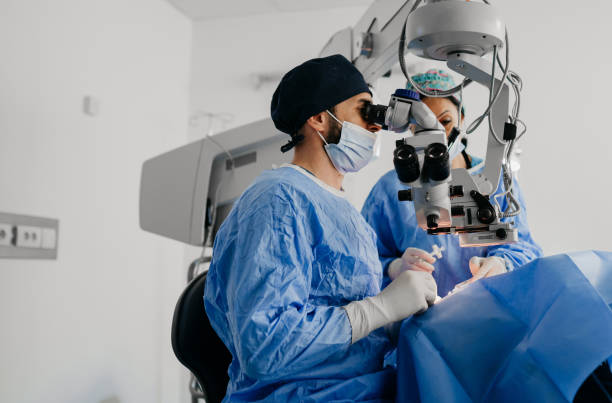Understanding Cornea Conditions That Require Specialist Care
The cornea is the transparent front layer of your eye and plays a vital role in focusing light for clear vision. Damage or disease in the cornea can cause blurred vision, discomfort, and even vision loss. In a healthcare hub like Dubai, finding the right specialist is essential for effective diagnosis and treatment.
Common Issues Treated by Cornea Specialists
- Corneal abrasions or ulcers
- Keratoconus (cone-shaped cornea)
- Corneal dystrophies (genetic disorders)
- Fuchs’ dystrophy
- Post-LASIK complications
- Eye infections and trauma
Signs You Might Need a Cornea Evaluation
If you notice symptoms such as:
- Sudden blurry or hazy vision
- Eye pain or irritation
- Light sensitivity
- Frequent changes in eyeglass prescription
Then it’s time to consult a cornea specialist in Dubai.
When to See a Specialist vs. a General Eye Doctor
While optometrists and general ophthalmologists handle routine care, cornea specialists are needed for advanced diagnosis, surgical interventions, or chronic issues not responding to basic treatment.
What to Expect from a Cornea Specialist in Dubai
Cornea specialists in Dubai offer advanced diagnostics and personalized care plans. Many are affiliated with leading eye hospitals equipped with cutting-edge technology.
Diagnostic Tools and Eye Tests
Expect detailed evaluations including:
- Corneal topography (maps the shape of your cornea)
- Pachymetry (measures corneal thickness)
- Slit lamp exams and specular microscopy
Available Treatments and Surgical Options
Depending on your condition, treatments may include:
- Prescription drops or ointments
- Corneal cross-linking (for keratoconus)
- Corneal transplants (partial or full)
- Scleral or gas-permeable contact lenses
Recovery Times and Follow-Up Care
Some treatments are non-invasive with quick recovery, while surgeries may require weeks of monitoring. Specialists typically schedule multiple follow-up visits to ensure healing and visual improvement.
Choosing the Right Cornea Specialist in Dubai
Board Certification and Clinical Experience
Choose a doctor certified in corneal diseases and with several years of post-fellowship clinical practice.
Hospital Affiliations and Technology Access
Top specialists are often affiliated with reputable facilities such as:
- Moorfields Eye Hospital Dubai
- American Hospital Dubai
- Mediclinic City Hospital
Patient Reviews and Success Rates
Browse Google reviews or health forums. Look for feedback on bedside manner, treatment success, and follow-up care.
Questions to Ask During Your Consultation
Treatment Philosophy and Risks
- What is the recommended course of action?
- Are there alternative, non-surgical options?
- What are the side effects or risks?
Costs and Insurance Coverage
- Is the treatment covered by UAE insurance providers?
- Will you receive detailed cost breakdowns?
Long-Term Care Plans
Ask about:
- Monitoring schedules
- Lifestyle adjustments
- Use of specialty contact lenses or medications
Preparing for Your First Visit to a Cornea Clinic in Dubai
What to Bring and Expect
Bring any previous prescriptions, test results, and a list of symptoms. Most appointments include:
- Vision test
- Pupil dilation
- Full corneal mapping
Tips for a Smooth Evaluation
- Avoid wearing contact lenses for 24–48 hours
- Arrange transport (your eyes may be dilated)
- Prepare questions in advance
Post-Visit Steps and Medication Guidance
Follow your specialist’s instructions carefully. Ask for written guidelines, especially regarding:
- Eye drop schedule
- Activity restrictions
- When to call for urgent concerns
Final Thoughts
Whether you’re managing a long-term eye condition or facing sudden vision problems, a qualified cornea specialist in Dubai can help preserve and restore your sight. Start by researching trusted clinics, asking the right questions, and being proactive in your care.



